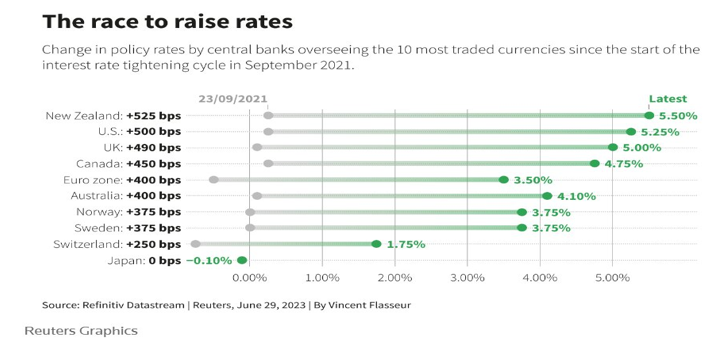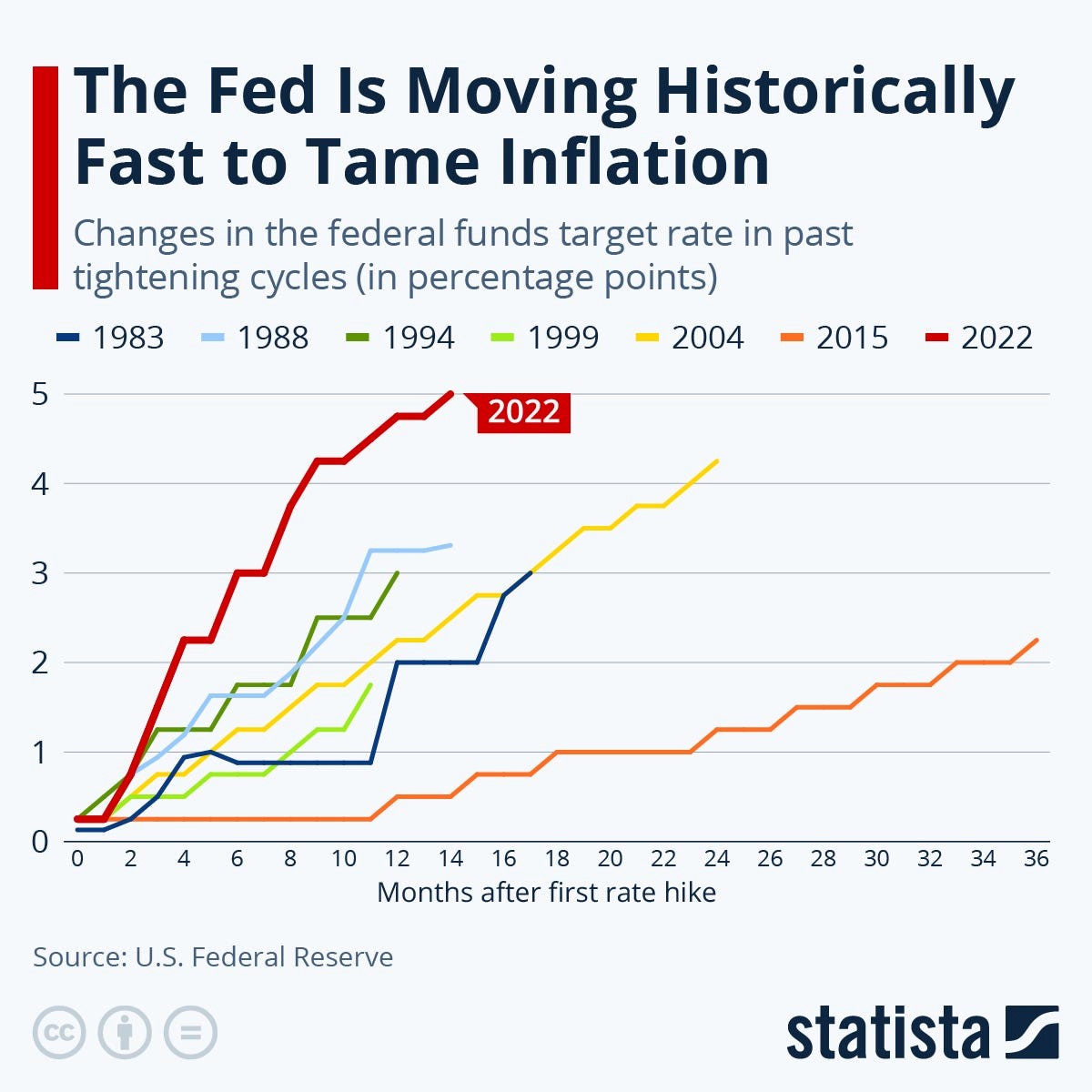Spot prices for natural gas have more than quadrupled to record levels in Europe and Asia, and the persistence and global dimension of these price spikes are unprecedented. Typically, such moves are seasonal and localized. Asian prices, for example, saw a similar jump last year but those didn’t spill over with an associated similar rise in Europe.
Our expectation is that these prices will revert to more normal levels early next year when heating demand ebbs and supplies adjust. However, if prices stay high as they have been, this could begin to be a drag on global growth.
Meanwhile, ripple effects are being felt in coal and oil markets. Brent crude oil prices, the global benchmark, recently reached a seven-year high above $85 per barrel, as more buyers sought alternatives for heating and power generation amid already tight supplies. Coal, the nearest substitute, is in high demand as power plants turn to it more. This has pushed prices to the highest level since 2001, driving a rise in European carbon emission permit costs.









